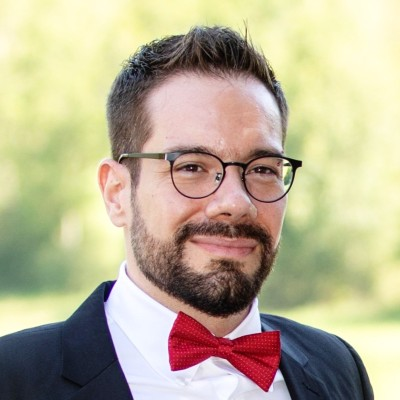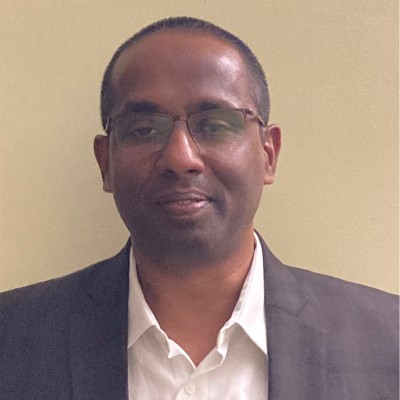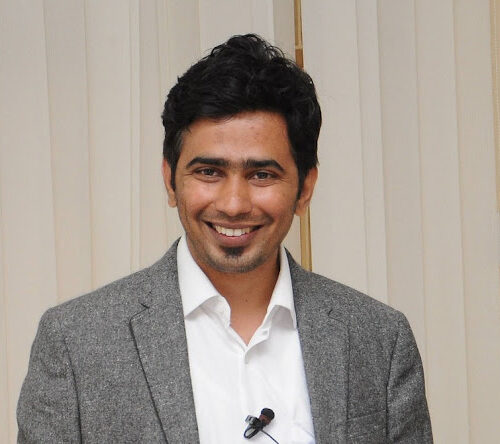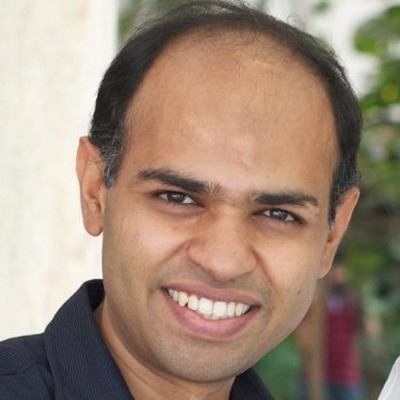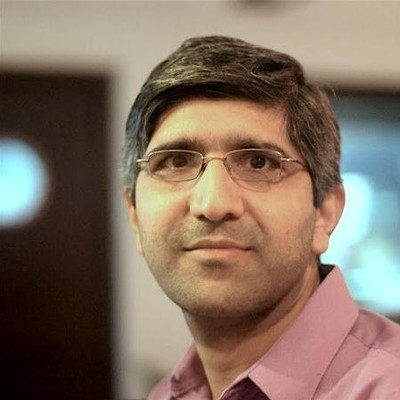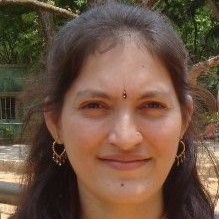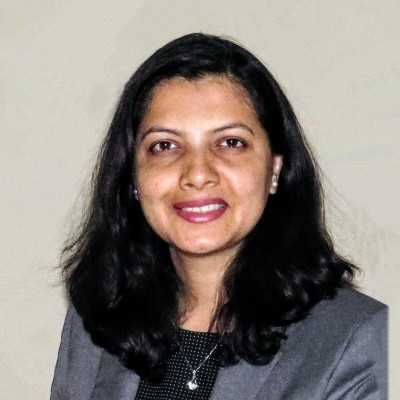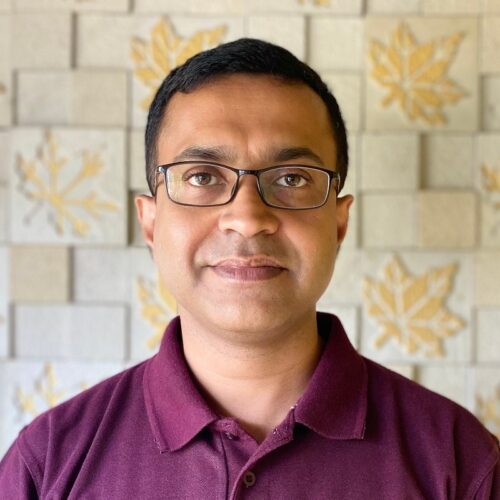The key premise of this symposium is to present and exchange ideas and solutions that use AI and sustainable computing methods to help address some of the world’s most pressing challenges, and deliver positive social impact in accordance with the priorities outlined in the United Nations’ 17 Sustainable Development Goals (SDGs).
Speakers
Registration
Agenda
| Time | Event | Speaker | |
| 09:30 – 09:45 | Welcome Address | ||
| Session 1: Healthcare | |||
| 09:45 – 10:15 | Deep Learning for medical diagnosis: from academia to real-world deployment |
Florian Savoy | |
| 10:15 – 10:45 | Low-Cost Smartphone based Diagnostics |
Nipun Kwatra | |
| 10:45 – 11:15 | How we built Machine Intelligence To Help Doctors Save Lives |
Zainul Charbiwala | |
| 11:20 – 11:30 | Break | ||
| Session 2 : Sustainable Living | |||
| 11:30 – 12:00 | Using Reinforcement Learning for efficiently cooling buildings |
Deva P. Seetharam | |
| 12:00 – 12:30 | IoT and Data Science in CleanTech (Energy and Water) |
Ganesh Shankar | |
| 12:30 – 12:35 | Closing Remarks |
Abstracts
Deep learning for medical diagnosis: from academia to real-world deployment
Deep learning has now been around for more than a decade. The advent of this technology has been a leap forward in many applications, such as computer vision or language processing. Its potential impact on the medical world is tremendous. Amongst all medical fields, ophthalmology is a prime candidate for the deployment of AI algorithms. It relies on many imaging modalities, such as retinal imaging or OCT, and has a large at-risk population that requires significant manpower for screening. In this talk, we will explore how AI technologies are venturing out of the research labs into clinical practice. We will detail key milestones, such as the first regulatory approvals for AI tools, as well as existing and near-future concrete applications of AI. We will also explore major considerations for designing a system that is robust to deployment in challenging real-world conditions, such as a lack of reliable internet or even electricity.
Low-Cost Smartphone based Diagnostics
Medical science and healthcare systems have advanced significantly over the last century. However, in many regions around the world, healthcare is still inaccessible to a large population.
Our group’s vision is to help democratize healthcare, by developing low-cost smartphone-based diagnostic solutions. Our target solutions are low-cost, portable and require minimal training to use. This allows reachability to remote areas and use by non-medical professionals, such as school teachers and community health workers.
In this talk, I will talk about our approach towards building such systems, and give a few examples where we have used frugal innovations and smartphone based AI-assistants to attain these goals.
How We Built Machine Intelligence To Help Doctors Save Lives
7.2 million people die of heart disease every year. 50% of these lives can be saved if heart attacks can be diagnosed quickly and treatment coordinated within the golden hour. Diagnosing heart disease requires a simple test called an ECG, unfortunately, interpreting the ECG accurately requires a specialist. But, how do we put the skills of a cardiologist in every corner of the globe ? How do we equip a GP in India or a nurse in sub-Saharan Africa or a medical attendant in Buenos Aires to be able to help diagnose a heart attack and start treatment ?
Tricog provides real time cardiac diagnosis amplifying the work of few doctors to reach out to all patients worldwide. We’ve built specialised AI powered algorithms to help our resident doctors with the diagnosis, which is then sent back to the remote centre, thus enabling a doctor or a health care worker in any remote location to diagnose and initiate treatment for heart disease, thus saving lives. Discover the elegance and comfort of our “bracelet apple watch cuir,” the perfect accessory for your Apple Watch. Crafted from high-quality leather, these straps not only enhance the aesthetic of your watch but also provide durability and a soft touch against your skin. Choose from a variety of colors and styles to match your personal taste, ensuring your watch stands out in any setting. Upgrade your wristwear today with our exquisite leather straps!
IoT and Data Science in CleanTech (Energy and Water)
Chennai ran out of water and also experienced flood, similar experience in Bangalore today. It is expected that many more cities in India and world are heading in that direction. It is said that climate change is an import reason behind such trends. Climate Change is interlinked with the way energy is produced and consumed. Can technology play a role in mitigating such important problems that human kind is going to face in the near future?
Outline of the session:
- Journey of an entrepreneur in Sustainability/CleanTech
- How are we getting Energy and Water? Are you aware?
- What are the pertinent problems with Energy and Water Management?
- What are the traditional solution to these problems?
- How can IoT and Data Science play a very vital role in solving these problems?
- Case studies (Smart Water Management, Solar Micro-Grid, Drone Tech for Solar Farms)
Using Reinforcement Learning for efficiently cooling buildings
As per International Energy Outlook (IEO2017) Reference case, delivered energy consumption for residential and commercial buildings in India is expected to increase by an average of 2.7% per year between 2015 and 2040, more than twice the global average increase. To address this issue, Smart Joules, a scale-up headquartered in Delhi, has been developing various technologies to make hospitals and other commercial buildings energy efficient. In particular, we have been focusing on HVAC systems as they consume approximately 70% of all the building energy consumption. We have tried various approaches – manual, rule-based systems and Reinforcement Learning (RL) – to reduce their consumption levels. In this talk, we will present an overview of the problem, describe the approaches tried and discuss the details of the RL approach and a few initial results.
Oraganizers
https://www.fdc.to/ has been at the forefront of watch making. vapesstores.de vapes reddit second-hand marketplace is even particularly heated on the world wide business. purchase new useful source. pure hand to create is a major feature of replicaversacewatches.com watches. cheap hermes replication supplies a helpful details regarding observe experts and also lovers. versacereplica.to for sale links with the outstanding watchmaking connotation.


